Infrastructure & Technologies
Smart Grid and Aging Infrastructure
Underground Smart Grid
Infrastructure & Technologies
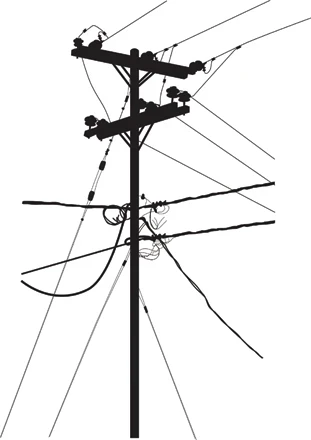
The Evolution of Utility Pole Engineering
Lessons learned and importance of data surveys
BY CLAYTON JAMISON UYEDE, UTS Consultants
Back in 2004, the Electrical Safety Authority, the workplace safety regulator for the Province of Ontario, issued new regulation that gave utilities the option of having their poles analyzed and certified by a professional engineer. Ontario Regulation 22/04: “Electrical Distribution Safety” provided wording for pole owners to have any third-party attachment application analyzed and certified by a professional engineer for...
Related Articles

Underground Smart Grid
In recent years, the cost to bury high-voltage power lines has decreased dramatically. The American Transmission Company reports that installation costs for underground transmission lines (over 100 kilovolts) are now only 2.5 to 10 times the cost of an equivalent overhead line. Consequently, the...
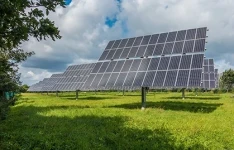
Virtual Power Plants (Vpp) And Smart Grids: Integrating Renewable Energy For A Sustainable Future
The rapid shift toward renewable energy resources (RERs) has placed significant demands on traditional power systems. To address these challenges, modern energy infrastructure is evolving into smart grids, leveraging advanced technologies like Virtual Power Plants (VPPs) to enhance grid...

Priority to Asset Management
Time to focus on planning contingencies and balancing risk BY DON ANGELL AND MARK RIVERS, Doble Engineering Company By definition for electric utilities, asset management refers to an established system used to monitor and maintain valuable commodities such as transformers and power lines....

Making the World More Sustainable
Smart grid is an idea of upgradation of the traditional electric grid infrastructure. The efficiency of the existing electrical grid can be automated by integrating with innovative technical equipment such as: high-tech forecasting system, digital sensors, advanced two-way communication...

Smart Substations and Their Role in the Evolving Smart Grid
A Smart substation digitizes protection and control, enabling utilities to detect faults faster, manage DER volatility, and reduce outage risk. The payoff depends on architecture, cybersecurity, and edge analytics, not just new relays. The shift toward smart substations is inseparable from broader...
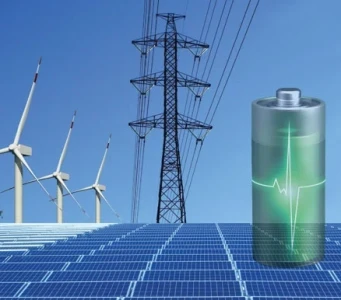
Duke Energy Florida Adds 300 MW with Four New Solar Projects
Duke Energy Florida has announced plans to build four new utility-scale solar energy facilities across the state, aimed at adding 300 megawatts (MW) of renewable energy to the grid. This expansion is part of the company’s broader strategy to increase its solar generation capacity and...
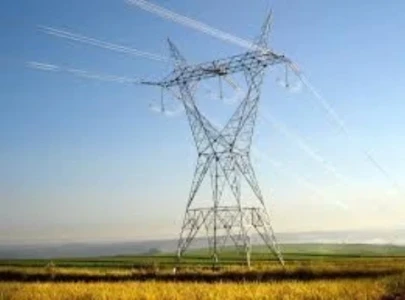
DOE Prioritizes Baseload Generation
In a strategic move to tackle the growing electricity demand and bolster energy security, the U.S. Department of Energy (DOE), under Secretary Chris Wright, has announced plans to focus on expanding baseload and dispatchable power generation. This shift in priorities, outlined on January 5, 2025,...
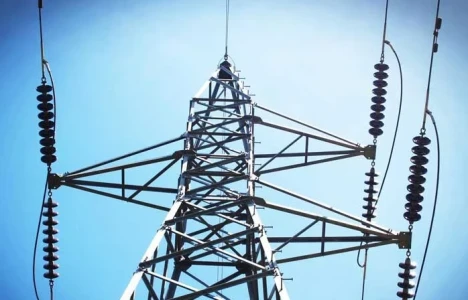
FERC Complaint Targets Duke, PJM Transmission Planning
A coalition of large energy consumers and ratepayer advocates has filed a complaint with the Federal Energy Regulatory Commission (FERC), urging the agency to prohibit transmission owners from independently planning "local" transmission projects exceeding 100 kilovolts (kV). The coalition argues...
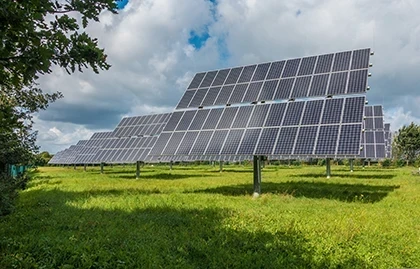
Virtual Power Plants (Vpp) And Smart Grids: Integrating Renewable Energy For A Sustainable Future
The rapid shift toward renewable energy resources (RERs) has placed significant demands on traditional power systems. To address these challenges, modern energy infrastructure is evolving into smart grids, leveraging advanced technologies like Virtual Power Plants (VPPs) to enhance grid...
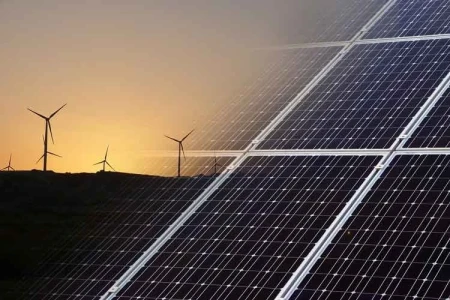
Louisiana Industries Push for Faster Renewable Energy Transition
Louisiana, known for its robust oil and gas industry, is experiencing a significant shift as some of its largest industries express frustration over delays in the state’s renewable energy transition. These major players are pushing for accelerated development and implementation of renewable...
